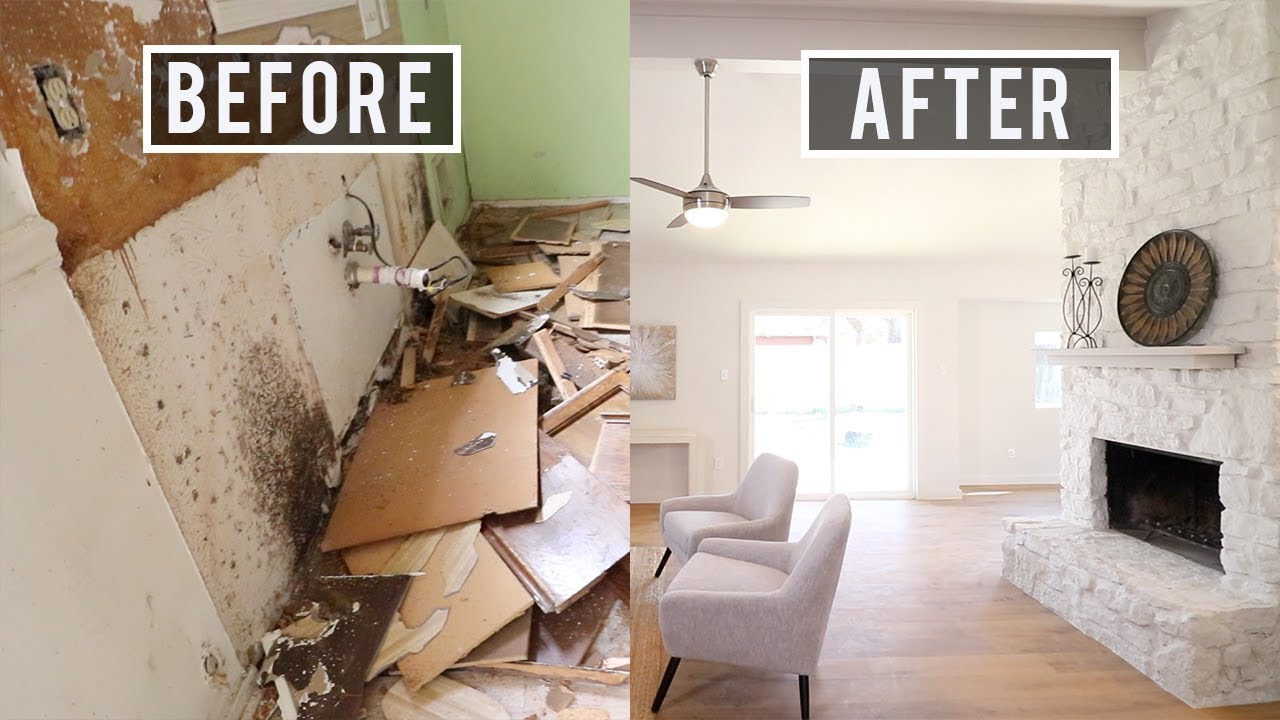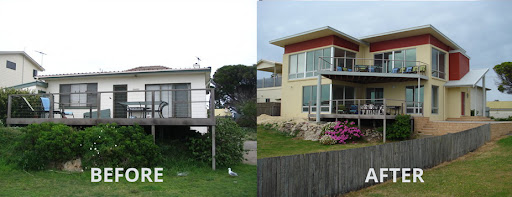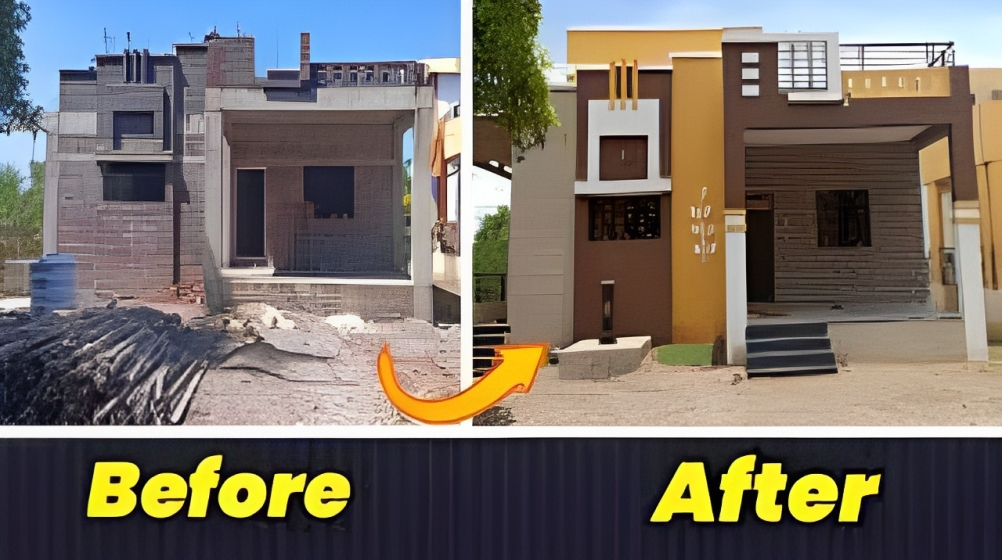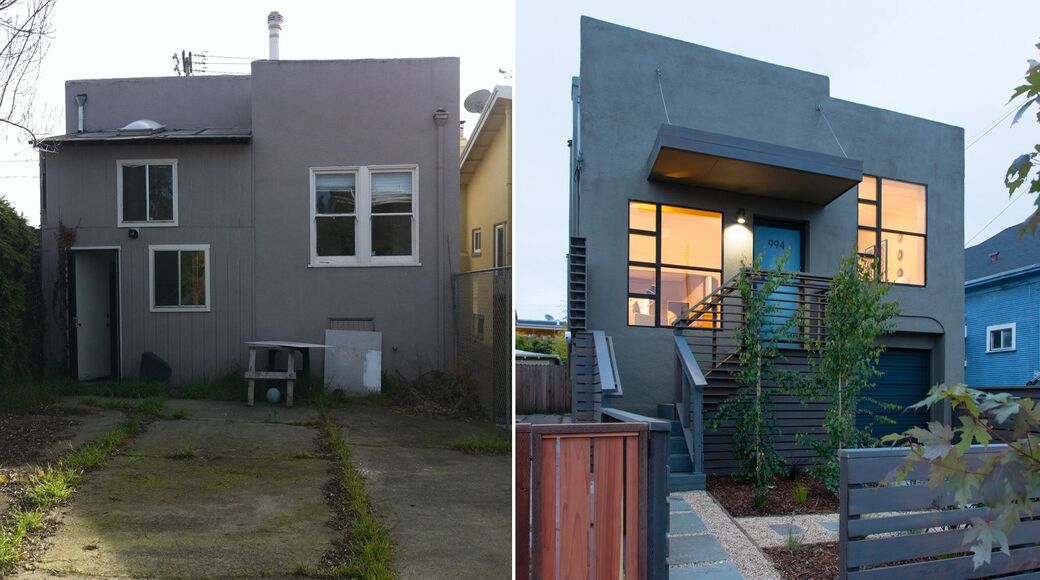House Renovation
Renovating a house is a transformative project that can significantly enhance your home's comfort, functionality, and value. To begin, it's crucial to assess your needs and identify your goals, whether they involve increasing space, updating outdated features, improving energy efficiency, or boosting property value. Creating a realistic budget is essential, encompassing costs for materials, labor, permits, and unexpected expenses, while exploring financing options like savings, loans, or mortgage refinancing. Hiring the right professionals, such as architects, designers, and licensed contractors, is vital for successful execution. Design planning should focus on style and function, ensuring that materials and finishes align with your budget and aesthetic preferences. Obtaining the necessary permits and scheduling inspections are critical to comply with local regulations.
The renovation process involves preparation, demolition, construction, and adding finishing touches, such as painting, flooring, and installing fixtures. After a thorough cleaning, furnishing, and decorating, a final walkthrough with your contractor ensures all aspects are addressed. Maintaining clear communication, staying organized, and being flexible are key to navigating unexpected challenges and delays. Investing in quality materials and workmanship will yield lasting results, making your renovated space a true reflection of your personal style and needs.









